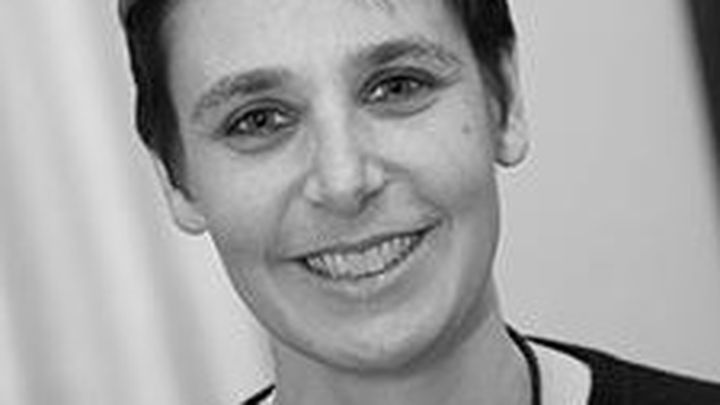
Creating a Soundscape with voice-hearers
Dr Roz Austin, Network Lead of the Educational Voice-hearing Network in Oxford (The Collaborating Centre of Values-based Practice, St Catherine's College, Oxford University). Please see this link: https://valuesbasedpractice.org/what-do-we-do/networks/educational-voice-hearing-network/
Roz writes:
What is it like to hear voices? For those who are not voice-hearers it could be hard to imagine what it is like to hear voices, so the soundscape will capture this experience. I am interested in whether listening to music may be a therapeutic strategy for voice-hearers who are distressed by their voices. Results indicated that music has proven effective in suppressing the symptoms of psychosis (see Talwar et al, 2006). Further research has been conducted which identifies strategies and techniques with unique aspects of music therapy interventions for those who hear voices (Kellett, Hall & Compton Dickinson 2018)
This proposed project addresses the following questions:
- What effects do different kinds of music (i.e. classical; religious – chanting; jazz; sounds such as gongs) have on voices?
- Are voices dampened or improved by the music?
- What emotional effects do voice-hearers report from listening to music?
- After listening to, and/or jointly creating (and sometimes recording) their own music, consider how the voice-hearers relate to their music. Do their voices change or recede?
This all-day Workshop will involve me playing different kinds of music to 6-8 voice-hearers to see if these improved their voices. They will be asked to give feedback as to which pieces of music they consider are therapeutic. I will ask the voice-hearers to give me examples of what phrases their voices say to them when they listen to the music. Student actors will then re-create the voices, while different types of music are being played. This Soundscape will be recorded. This Soundscape will become an Exhibition in a museum, where there is an interest in challenging the stigma that surrounds voice-hearing.
The beneficiaries of this work will be voice-hearers and clinicians who work with voice-hearers who are distressed by their voices. I anticipate that the outcome will be that voice-hearers do find particular kinds of music that do dampen the intrusive aspect of the voices, thereby improving ability to cope with reality; and that this knowledge leads to some of them choosing to seek further help through music therapy or self-help by listening to this music as a way of coping better with their voices.
Roz writes:
What is it like to hear voices? For those who are not voice-hearers it could be hard to imagine what it is like to hear voices, so the soundscape will capture this experience. I am interested in whether listening to music may be a therapeutic strategy for voice-hearers who are distressed by their voices. Results indicated that music has proven effective in suppressing the symptoms of psychosis (see Talwar et al, 2006). Further research has been conducted which identifies strategies and techniques with unique aspects of music therapy interventions for those who hear voices (Kellett, Hall & Compton Dickinson 2018)
This proposed project addresses the following questions:
- What effects do different kinds of music (i.e. classical; religious – chanting; jazz; sounds such as gongs) have on voices?
- Are voices dampened or improved by the music?
- What emotional effects do voice-hearers report from listening to music?
- After listening to, and/or jointly creating (and sometimes recording) their own music, consider how the voice-hearers relate to their music. Do their voices change or recede?
This all-day Workshop will involve me playing different kinds of music to 6-8 voice-hearers to see if these improved their voices. They will be asked to give feedback as to which pieces of music they consider are therapeutic. I will ask the voice-hearers to give me examples of what phrases their voices say to them when they listen to the music. Student actors will then re-create the voices, while different types of music are being played. This Soundscape will be recorded. This Soundscape will become an Exhibition in a museum, where there is an interest in challenging the stigma that surrounds voice-hearing.
The beneficiaries of this work will be voice-hearers and clinicians who work with voice-hearers who are distressed by their voices. I anticipate that the outcome will be that voice-hearers do find particular kinds of music that do dampen the intrusive aspect of the voices, thereby improving ability to cope with reality; and that this knowledge leads to some of them choosing to seek further help through music therapy or self-help by listening to this music as a way of coping better with their voices.
Organizer
Roz Austin
Organizer